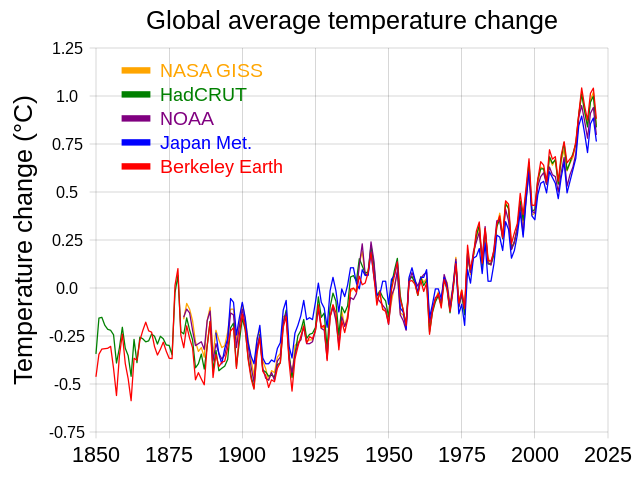Italy is now heading towards an uncertain political future. Prime Minister Mario Draghi, the former European Central Bank chief who saved the eurozone almost exactly a decade ago by publicly pledging to do “whatever it takes” to steer Europe through its sovereign debt crisis, has abandoned hope of seeing Italy through its current period of trouble . Italy must now weather the storms created by the human and economic losses from the pandemic and the energy and security crises created by Russia’s invasion of Ukraine with another responsible. Draghi will remain in his post until Italy can hold a national election before the end of September, but his work as head of a rare unity government in Italy will remain unfinished.
In the words of Ernest Hemingway, the downfall of Draghi’s coalition came gradually, then suddenly. He agreed to form a government in February 2021 – Italy’s 19th in 33 years – only with the support of both the left and the right. Given the crisis created by COVID-19 and the urgent need for help from the EU, most other major parties agreed. The centre-left Democratic Party, the anti-establishment populist Five Star Movement, populist zealot Matteo Salvini’s hardcore nationalist Lega and former prime minister Silvio Berlusconi’s Forza Italia signed up.
Over the past 17 months, coalition sniping has made Draghi’s life more difficult, but the need to secure aid from Brussels and the fear that new elections would spark chaos have held things together. Leaders of the right-wing parties who believed they could win a future election knew that a national vote would come no later than next spring.
But in June the coalition began to fall apart. An increasingly hostile rift within the Five Star Movement, and then between Five Star and Lega, provoked the ultimatum. When Five Star threatened to leave the government, it was hoped that Draghi would continue as prime minister with a narrower coalition. But when the Lega and Forza Italia insisted that the price of their continued support would be a more right-wing government rather than a unity coalition, Draghi pulled out.
This upheaval comes at a terrible time for Italy. This next election will mark the first time in decades that a national vote will take place in the autumn, a period usually reserved for passing a budget. And Italy must adopt a budget to implement the reforms the European Commission is demanding in exchange for a promised 200 billion euros in grants and loans from the EU’s pandemic fund. That process will now be delayed because Italy’s president has dissolved parliament ahead of elections in September. Instead of fighting inflation, looking for ways to get through a difficult winter without Russian energy supplies, and helping consumers by fighting inflation, Italy’s leaders will politicize, trade insults and issue political threats. Even after the votes are counted, it will take weeks to form a new government and get it up and running.
Who will be the biggest beneficiary of this chaos? For now, the polls suggest that an alliance of Italy’s right-wing parties will form the next government. Salvini’s Lega and Berlusconi’s Forza Italia want seats at the table. But the big winner is likely to be the one major party that from the beginning refused to support Draghi’s government, the nativist brothers in Italy.
And that means Italians could be on the verge of electing Giorgia Meloni as their first female prime minister. At 45, Meloni is almost 30 years younger than the man she hopes to replace as prime minister, and her experience of government is limited, but her right-wing ideas are deeply rooted. As a teenager, she joined the Italian Social Movement, a party inspired by fascist leader Benito Mussolini. A member of the right-wing National Alliance, she became youth minister in a government led by Berlusconi in 2008. She held that position, her only government job, for three years.
In 2014, she became a founding member of the intensely anti-immigrant Brothers of Italy. Defenses of “God, fatherland and family” and promises to keep migrants out are likely to feature in her campaign speeches. Her position on Europe will be much more nuanced. In the past, she has insisted that EU treaties should be changed, and that Italian law should replace EU rules. But she has never favored an Italian exit from the EU and, at a time when European money is crucial to Italian recovery, and despite occasional famous references to “Brussels bureaucrats”, she is likely to downplay the party’s Euroscepticism. Draghi promised Europe that his government would liberalize competition laws and rewrite tax rules. Meloni knows that unless the next government is willing to keep some of these promises, Italy will face major cuts in EU funding. Meloni is also unlikely to disrupt the EU consensus in support of Ukraine. She has condemned Russia’s invasion and supported Draghi’s efforts to provide Ukraine with weapons and other support.
Giorgia Meloni’s bid to become prime minister is no sure thing. Infighting among right-wing parties and sharp election season swings in public opinion can still shake things up. But Italy’s next prime minister will not have Mario Draghi’s experience in crisis management or his inclination that problem-solving should transcend party politics. That’s bad news for a country all too familiar with political turmoil.



